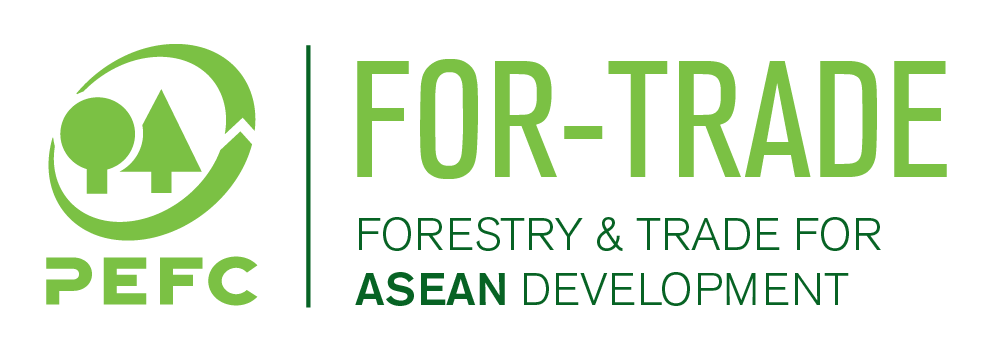


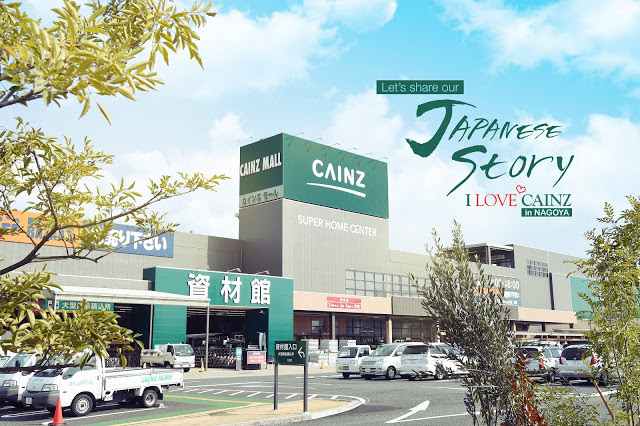



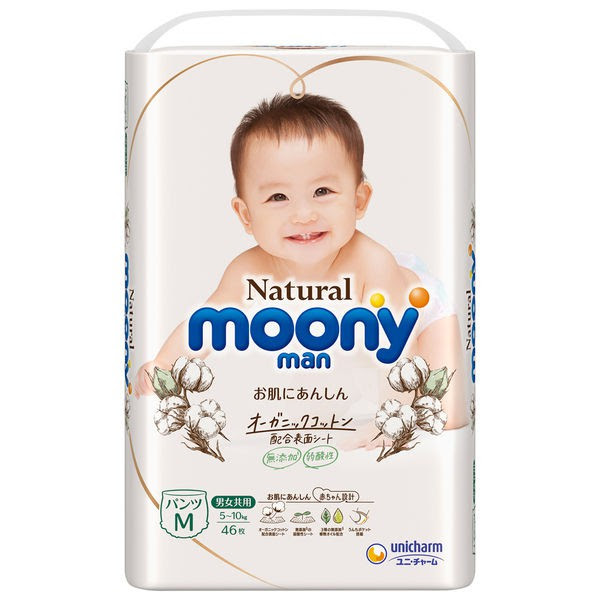
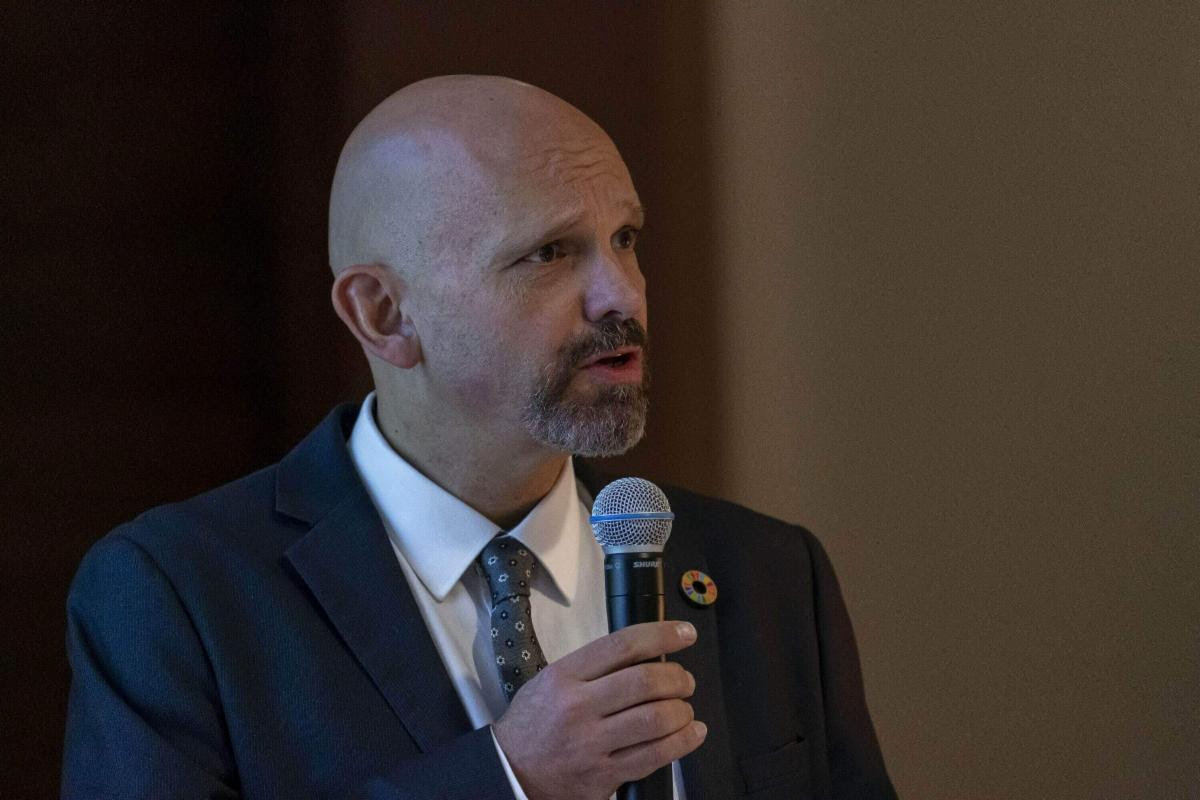









Sabtu 10 Apr 2021 07:14 WIB
Red: Joko Sadewo
REPUBLIKA.CO.ID, JAKARTA -- Ekonom senior Institute for Development of Economics and Finance (Indef) Dradjad Wibowo mengatakan bahwa produk pulp and paper Indonesia pernah diboikot Mattel, yang memproduksi Barbie.
“Terkait dengan isu keberlanjutan dan lingkungan, produk kita diboikot oleh perusahaan-perusahaan besar di luar negeri. Salah satunya yang memproduksi Barbie, yaitu Mattel. Mereka memboikot produk pulp and paper dari Indonesia,” kata Dradjad, dalam perbincangan dengan Republika.co.id, Sabtu (10/4). Boikot produk Indonesia, lanjut Dradjad, juga dialami pada produksi sawit.
Dradjad yang juga anggota Dewan atau Board dari Programme for the Endorsement of Forest Certification (PEFC), menjelaskan kasus pemboikotan terhadap pulp and paper asal Indonesia itu terjadi pada sekira satu dekade silam. Sebagai negara yang menjadi 10 pemain utama pulp and paper dunia, boikot ini membuat Indonesia babak belur. Ini terjadi sekitar 2009, 2010, 2011.
Isu lingkungan juga membuat industri furnitur Indonesia juga mengalami kesulitan. Untuk mengatasi ini, Dradjad mengatakan saat itu ia kemudian mengusulkan agar dibuat sertifikasi pengelolaan hutan lestari.
“Kami baru mulai lakukan sertifikasi tahun 2015, berasosiasi dengan Jenewa karena sertifikasi ini bukan hanya nasional, tapi bagian dari sertifikasi kehutanan terbesar di dunia,” kata Ketua Dewan Pakar PAN ini.
Sumber: https://republika.co.id/berita/qrbnbs318/embarbie-em-ternyata-pernah-memboikot-produk-indonesia
From The Guardian:
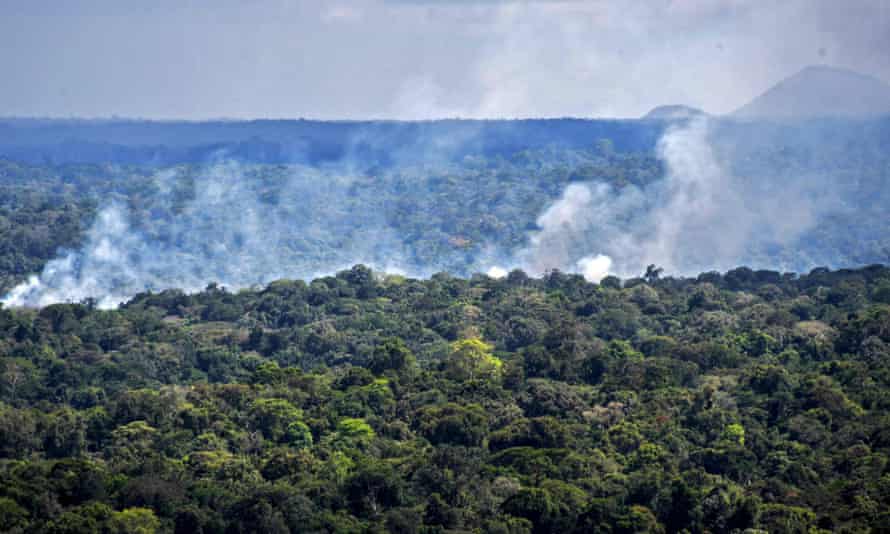
“Deforestation is decreasing in Indonesia, which has dropped out of the WRI’s list of top three countries for primary forest loss for the first time. Tree loss in Indonesia in 2020 fell for the fourth year in a row, down from a peak in 2016 after devastating forest and peat fires led the government to place a moratorium on the cutting down of primary forest and converting peatland to agriculture while restricting licensing for palm oil plantations.” Read more
From New York Times:

“Indonesia and Malaysia were rare bright spots, with forest loss declining from 2019. For Indonesia, 2020 marked the fourth year in a row of declines, a sign the government was having success in its efforts to halt deforestation following a horrific fire season in 2015.“ Read more
From World Resources Institute:
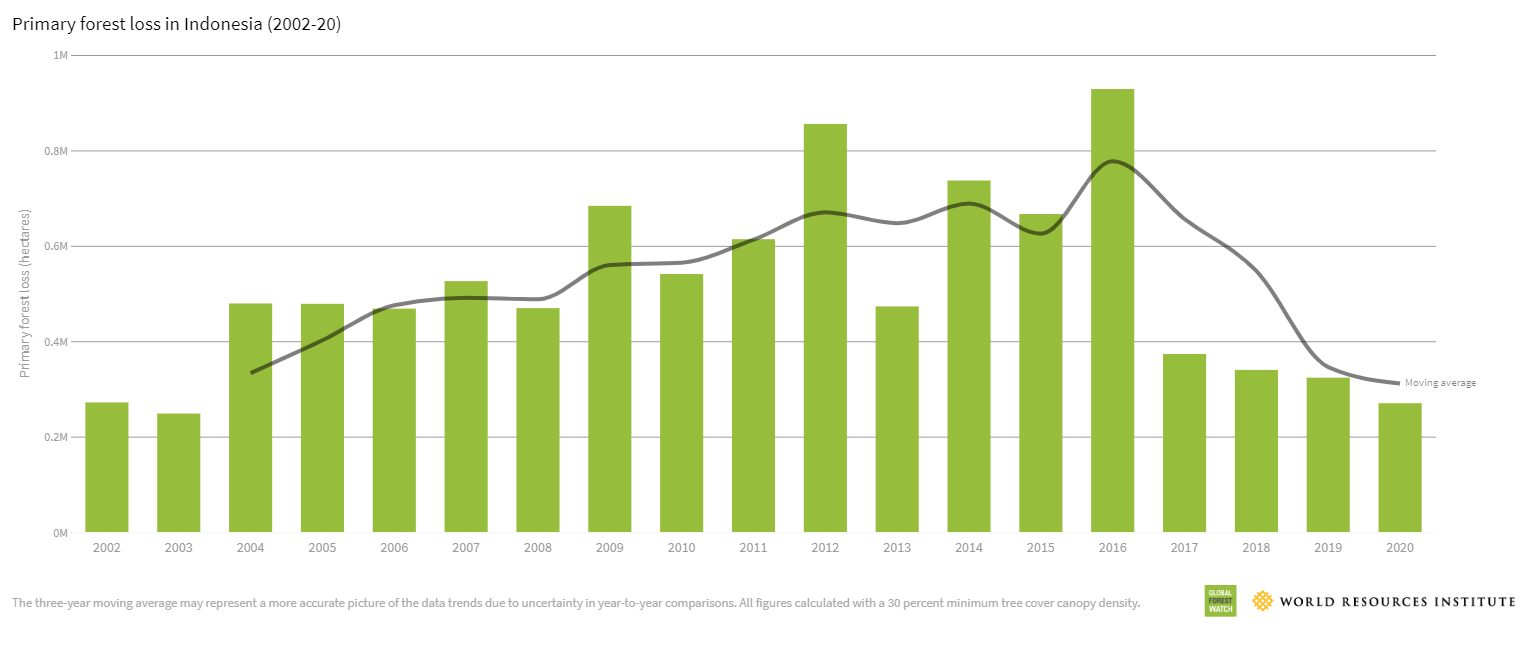
"While global deforestation numbers are distressing, progress in Southeast Asia offers a bright spot.
Indonesia’s rate of primary forest loss decreased for the fourth year in a row in 2020, one of only a few countries to do so. Indonesia also dropped out of the top three countries for primary forest loss for the first time since our record-keeping began." Read more

Jakarta, Gatra.com - Ekonom INDEF (Institute for Development of Economics and Finance), Drajad Wibowo, mengungkapkan ada 1 hal yang tampaknya pemerintah agak lemah menangani strategi perdagangan Indonesia ke pasar global.
"Yaitu isu-isu yang terkait dengan sustainability ya, isu-isu yang terkait dengan lingkungan hidup, sustainabilitas dan terkait dengan human rights. Karena sekarang ini perdagangan tidak murni hanya masalah harga saja, tidak murni masalah kepentingan bidang harga dan kualitas, tapi sudah masuk ke isu-isu yang non-ekonomi yang menjadi preferensi konsumen di berbagai negara," ungkapnya, dalam webinar yang diselenggarakan oleh Tribunnews.com dengan bertajuk "Dialog Gerakan Ekspor Nasional" (Diginas) pada Selasa sore, (6/4).
Drajad mengatakan, bahwasanya di China itu kurang terkait dengan isu-isu itu, namun di sisi lain Indonesia tak bisa terlalu bergantung pada negara tirai bambu tersebut untuk berbagai kegiatan ekonomi Tanah Air. Sembari ia mengingatkan, ekspor terbesar Indonesia yaitu ke negara China senilai hampir 20 persen, yakni 19,31 persen pada tahun lalu.
"Nilainya itu sekitar 29 miliar dolar lebih ya. Tapi kita tetap juga mengalami defisit perdagangan yang besar dengan China, hampir 10 miliar ya. Impor kita dengan China itu 39 miliar dolar lebih dan dia juga mempunyai peranan hampir 31 persen. Jadi, dominasi peranan China terhadap Indonesia ini apa, cukup, cukup tinggi begitu," terangnya.
Drajad menyarankan agar pemerintah harus melakukan diversifikasi, usaha penganekaragaman produk atau bidang usaha. Namun, di beberapa pasar yang ada, Indonesia terbentur dengan isu sustainabilitas maupun isu lingkungan.
"Saya kasih contoh pulp and paper, itu dulu adalah, pulp and paper itu salah satu ekspor Indonesia dan kita menjadi pemain ke-6 maupun ke-10 terbesar di dunia ya. Tapi kita sempat babak belur di tahun 2009, 2010, 2011 karena terhajar oleh isu sustainability. Sehingga kemudian kita diboikot, diboikot oleh nama-nama besar. Mulai dari, bahkan dari Mattel ya, produsen Barbie itu memboikot produk pulp and paper kita. Kemudian juga sirop dan sebagainya memboikot produk-produk kita," tuturnya.
Lanjut Drajad, Indonesa juga mengalami hal yang sama dengan sawit, serta Usaha Mikro Kecil Menengah (UMKM) pun mengalami hambatan yang sama karena isu lingkungan hidup maupun isu human rights atau Hak Asasi Manusia (HAM). Menurutnya, Indonesia perlu lebih pro-aktif guna mendorong para pelaku ekonomi, serta melindunginya dari kedua isu tersebut.
"Kita perlu diversifikasi pasar, jangan hanya tergantung pada 1 negara, jangan tergantung pada Cina saja, Amerika saja, itu enggak bagus. Untuk melakukan diversifikasi tersebut, itu tidak jarang bahkan sering sekali kita terhantam oleh 2 isu tadi (isu lingkungan dan HAM). Nah untuk 2 isu tadi, pemain non-pemerintah seperti saya itu bisa melakukan sesuatu. Akan tetapi, enggak akan maksimal kalo negara tidak take the lead untuk melakukan sesuatu terkait dengan 2 isu tadi," pungkas pengamat ekonomi itu.

"Salam Hormat, Salam Cinta Produk Indonesia"
Tribunnews.com telah menggelar DIGINAS (Dialog Gerakan Ekspor Nasional) bertema, “Target Ekspor di Negara Sahabat” di ruang virtual, Selasa 6 April, pukul 14.00 WIB.
Dialog terbuka bagi insan pers, pelaku usaha serta masyarakat dengan Menteri Perdagangan M Lutfi (keynote speaker), lima Duta Besar RI dan ekonom INDEF, Dradjad Wibowo.
Ekonom INDEF Dradjad Hari Wibowo menilai Indonesia memiliki kelemahan dalam diplomasi atau strategi perdangangan terkait isu-isu lingkungan hidup (sustainability) dan hak asasi manusia (human rights).
Bercermin pada hal itu, baru dibuat sertifikasi untuk melawan isu non-ekonomi yakni lingkungan hidup dan hak asasi manusia. Setelah sertifikasi, terlihat dampak signifikan lonjakan ekspor produk Indonesia di dunia.